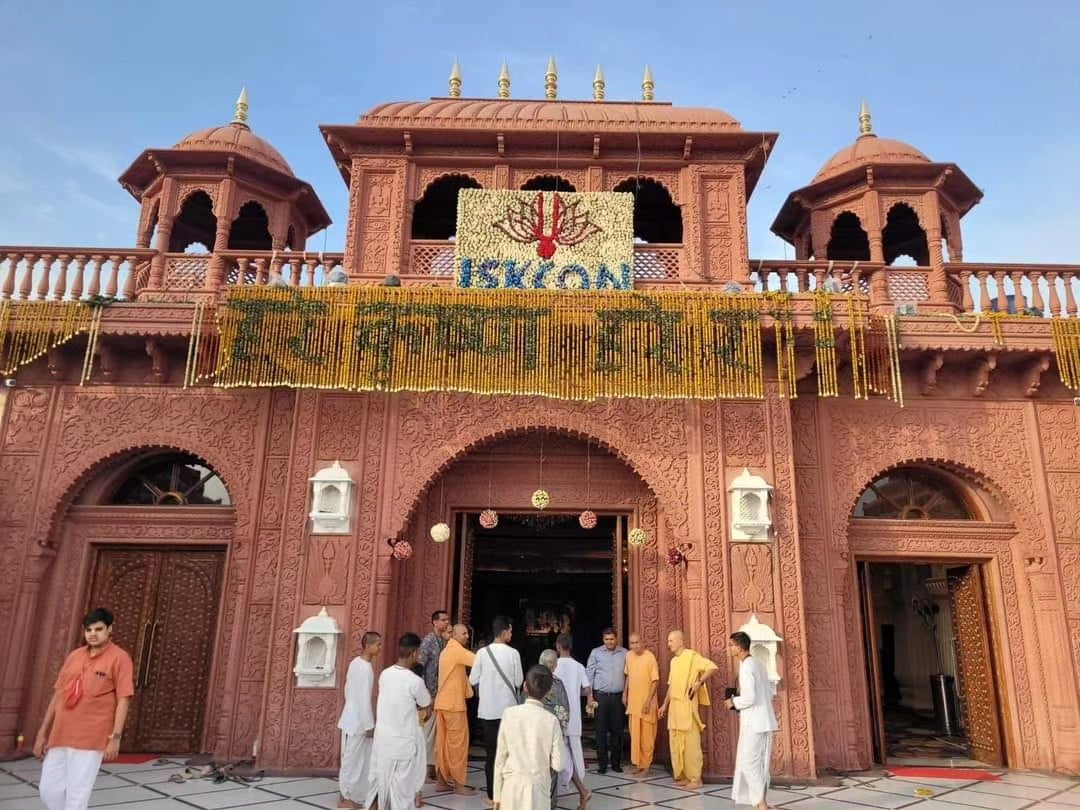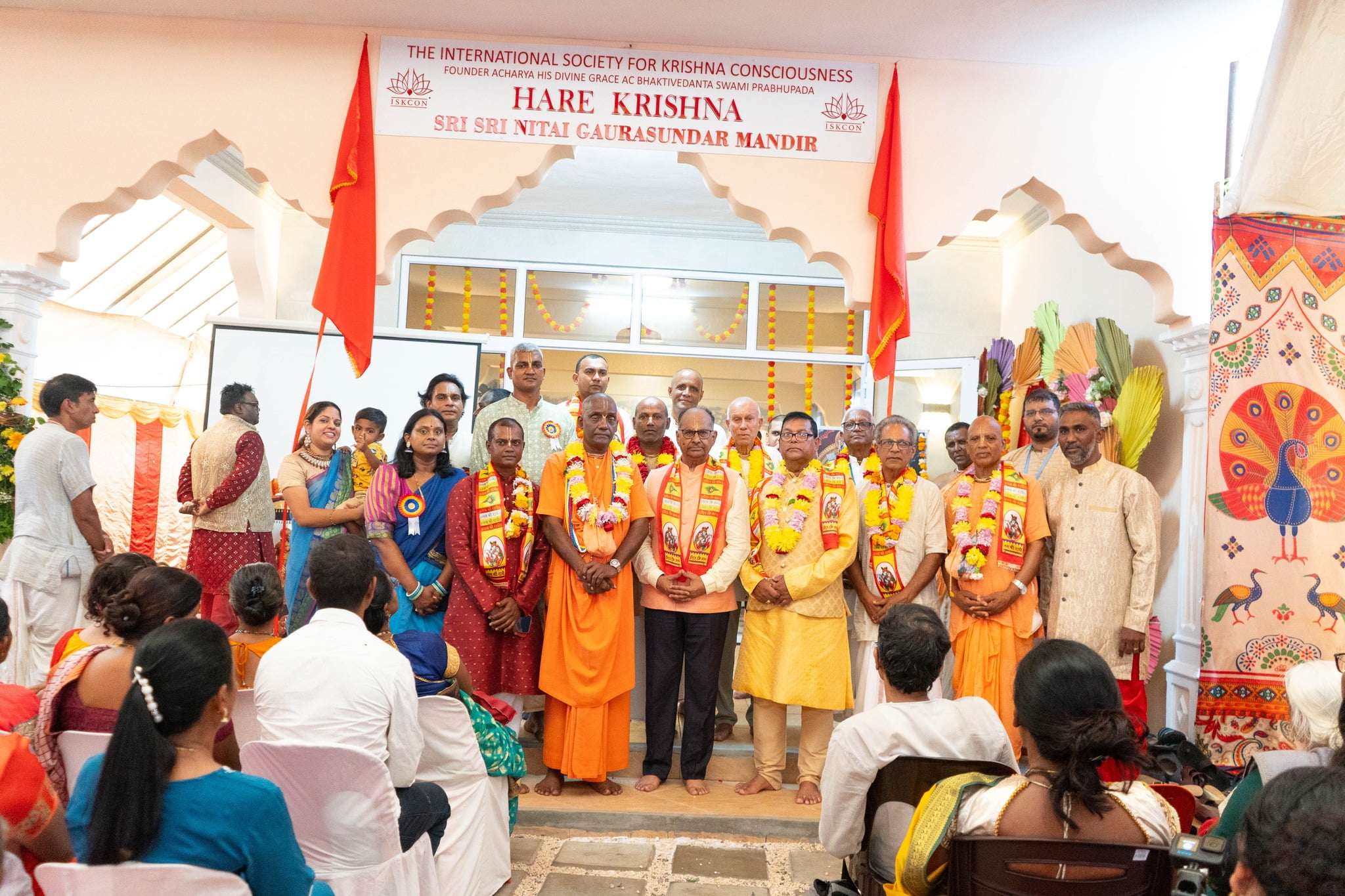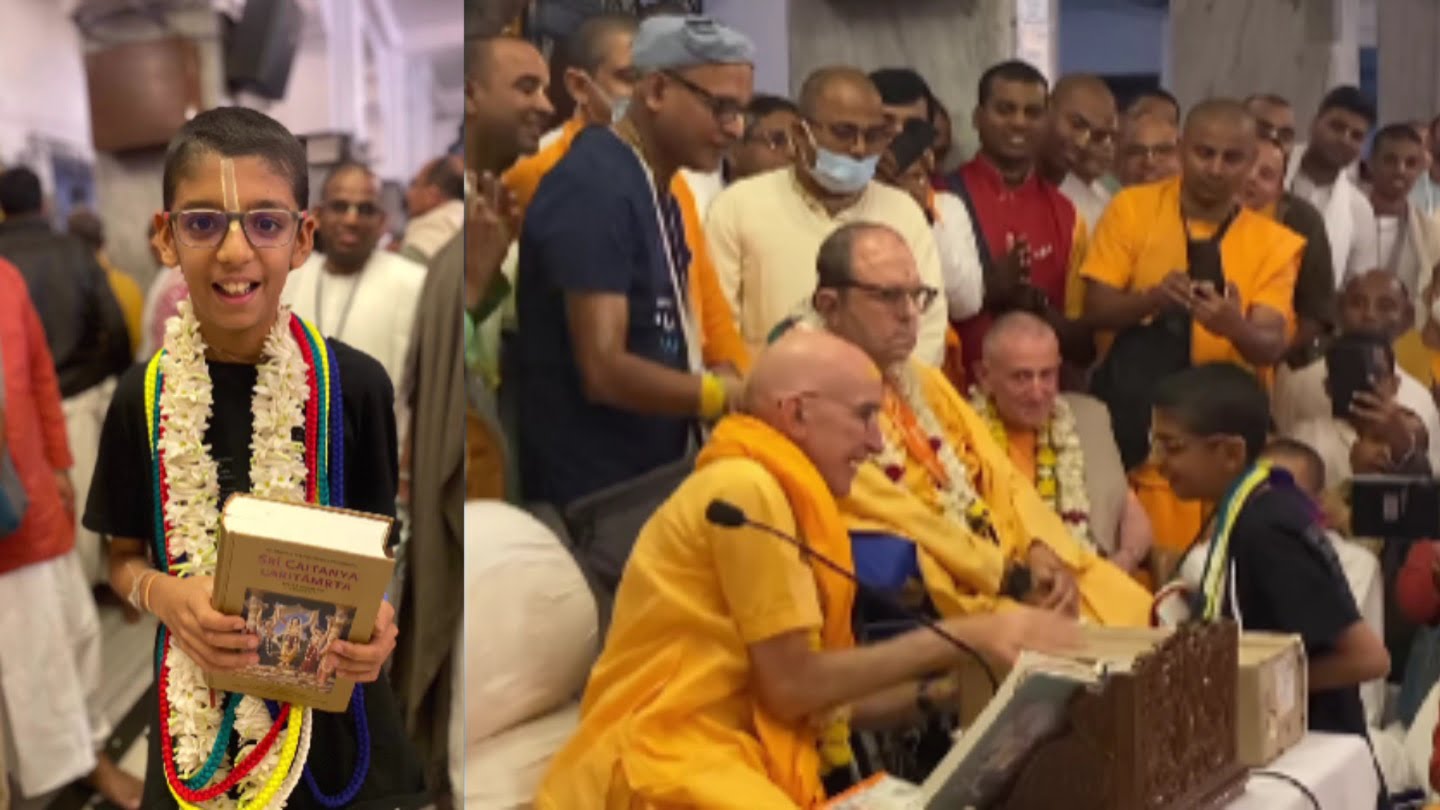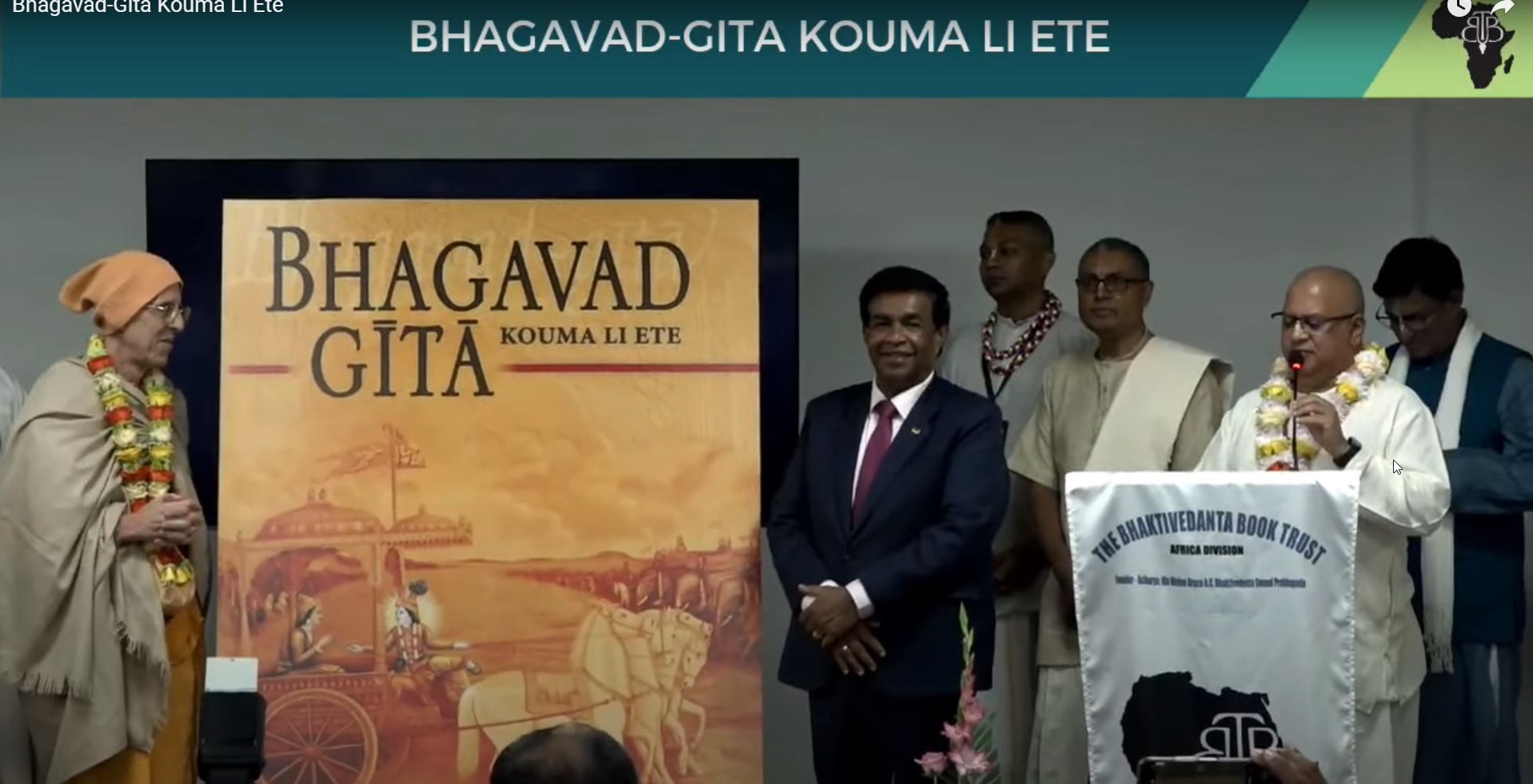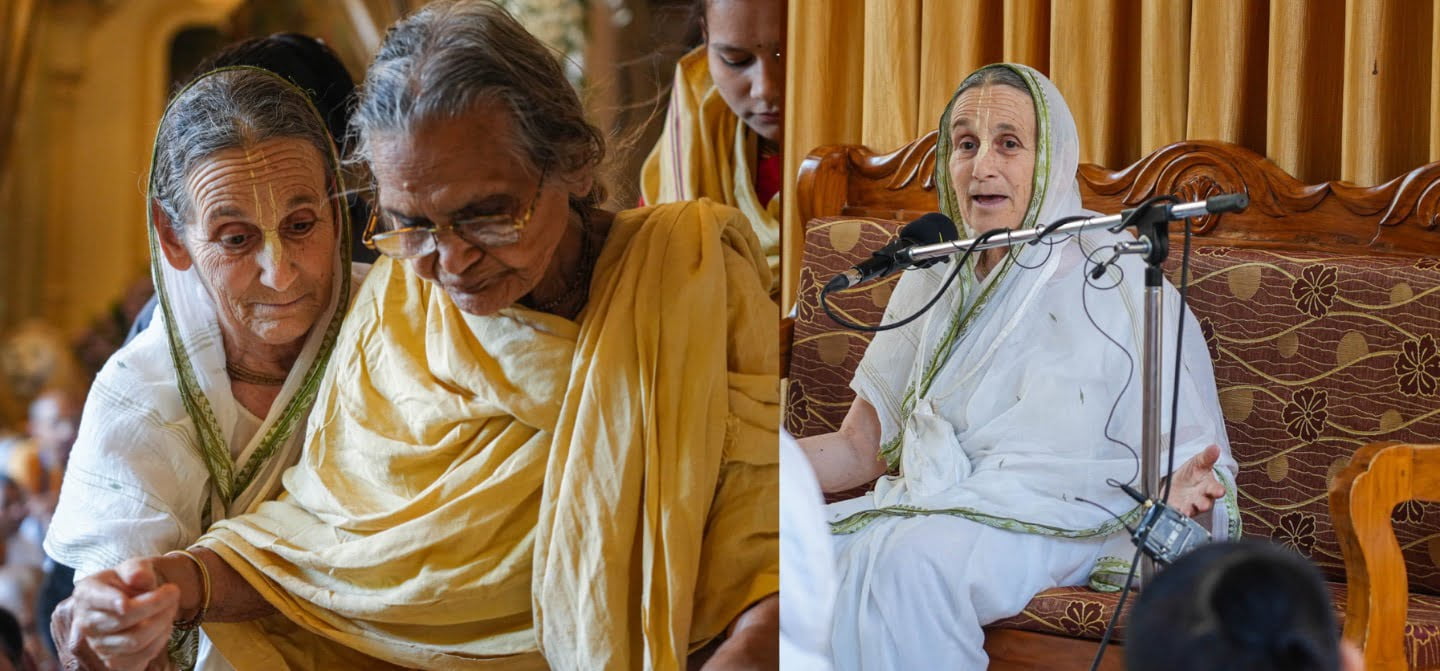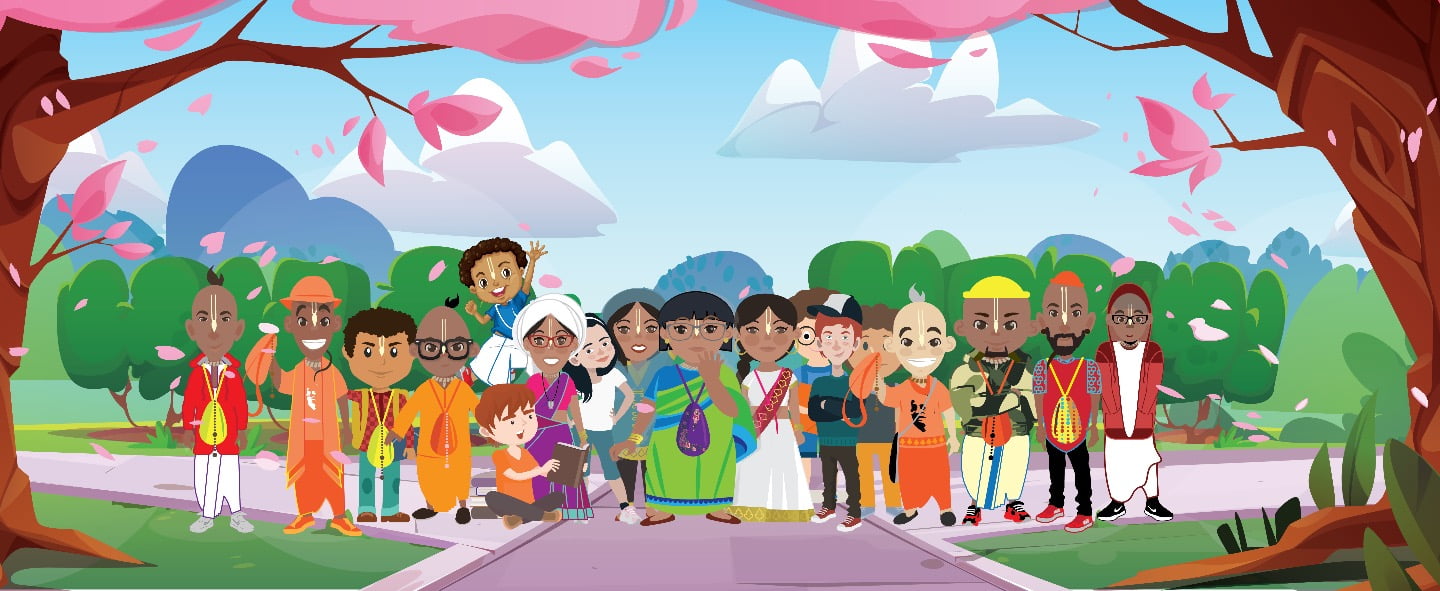Survey Shows Californians Less Religious than Rest of USA
By Duke Helfand | Jul 19, 2008

Californians, long known for their propensity to buck convention, have apparently done it again: A national survey released Monday revealed that they are less religious and less certain about the existence of God than the nation as a whole.
Residents of the Golden State do not pray as much as people in other parts of the country. They are less inclined to take scripture literally. And they are likelier to embrace “more than one true way” of interpreting their religious teachings.
Fifty-nine percent of them say that homosexuality should be accepted by society, compared to 50% of people nationwide who hold that view, according to the U.S. Religious Landscape Survey.
And while 71% of the nation is “absolutely certain” of the belief in God, only 62% of Californians say so — a difference that reflects similar attitudes in other states on both coasts.
“The West Coast generally is less religiously observant, less certain about religious beliefs,” said John Green, a senior fellow with the Pew Forum on Religion & Public Life, which produced the survey. “It was settled last,” Green added. “It has been growing fairly rapidly and has a unique amount of dynamism” in its societies.
The survey, based primarily on interviews in English and Spanish with a representative sample of more than 35,000 adults during 2007, is the Pew Forum’s second report this year. (It also incorporated findings from a 2007 survey of about 1,000 American Muslims.)
It explores the religious beliefs and practices of Evangelical Protestants, Catholics, Jews, Mormons, Muslims, Buddhists and others, probing their attitudes about abortion, homosexuality, the environment, government and foreign policy.
An initial Pew Forum survey in February found that Americans are switching religious affiliations in ever-growing numbers while still believing in God, or cutting ties to organized religion altogether.
The newest report confirms past research showing the United States as an overwhelmingly religious nation. But it also reveals a vast diversity of opinion among religious groups as well as within traditions.
Americans, the report found, are not particularly dogmatic about religion even as they embrace it in their lives.
Seventy percent believe that “many religions can lead to eternal life”; 57% of Evangelicals feel that way, as do 79% of Catholics.
More than two-thirds of Americans, meanwhile, say there is more than one true way to interpret their religious teachings. Mormons and Jehovah’s Witnesses were the only two groups that significantly disagreed with that view.
Among the survey’s other findings:
* Ninety-two percent of Americans believe in the existence of God or a universal spirit, even as many shun weekly worship services; 41% who are unaffiliated say religion “is at least somewhat important in their lives,” and seven in 10 of the unaffiliated say they believe in God.
* Fifty-eight percent of Americans say they pray privately every day, and 74% believe in life after death.
* Thirty-one percent of Americans say they receive “a definite answer to a specific prayer request” at least once a month.
“History testifies that religious faith is very important to Americans,” Washington Archbishop Donald Wuerl said in a statement from the United States Conference of Catholic Bishops. “At every juncture of our past, Americans have called upon God for guidance, protection and direction.”
California — home to large numbers of Protestants, Catholics, Jews and other groups — resists these trends.
While 63% of adults nationally believe that their holy books are the word of God, just 53% of Californians think so.
Similarly, 56% of Americans say religion is “very important,” while the figure in California is 48%.
Californians also are more likely to believe that scriptures were written by man rather than God. And they pray less than those elsewhere — 33% attend religious services at least once a week, compared to 39% for the nation.
California stands out for another reason. One of its signature industries and locales, Hollywood, appears to be a corrupting influence in the eyes of at least some Americans. Forty-two percent say they feel their values are threatened by “Hollywood and the entertainment industry”; 56% say they are not threatened.
If California appears less religious than the rest of the nation, there are good reasons, says J. Gordon Melton, Santa Barbara-based author of “The Encyclopedia of American Religions.”
Successive generations of East Coast migrants have settled here since World War II, their connections to organized religion more tenuous than the people they left behind.
The more recent arrival of devout, predominantly Catholic immigrants from Mexico and Central America has not balanced the larger numbers of Americans from the East, he said. And many of the Spanish-speaking newcomers, undocumented and living in the shadow economy, often go uncounted in official reports, Melton said.
California trails other parts of the country in its Evangelical presence, Melton said, but has growing numbers of adherents of non-Christian traditions — including Hindus, Buddhists and others. Their religions, which often take hold in metropolitan areas such as Los Angeles or San Francisco, do not always subscribe to a single holy book as in the Judeo-Christian tradition.
“California is certainly leading the trend in generating new religions and sending them off to the rest of the country,” Melton said. “The pluralism is a function of toleration levels. That is a peculiarly California way.”



